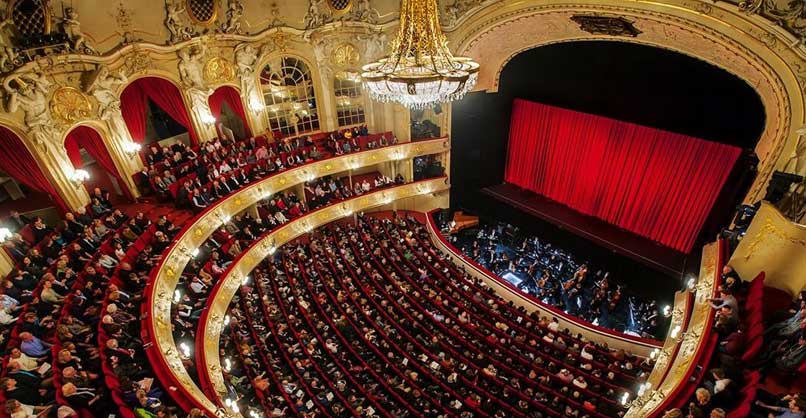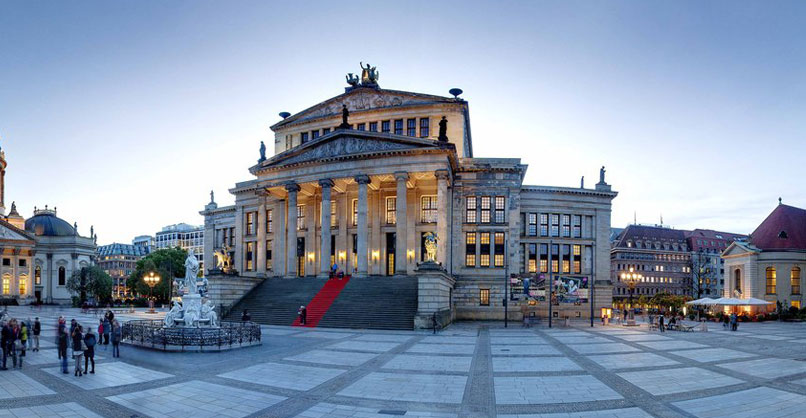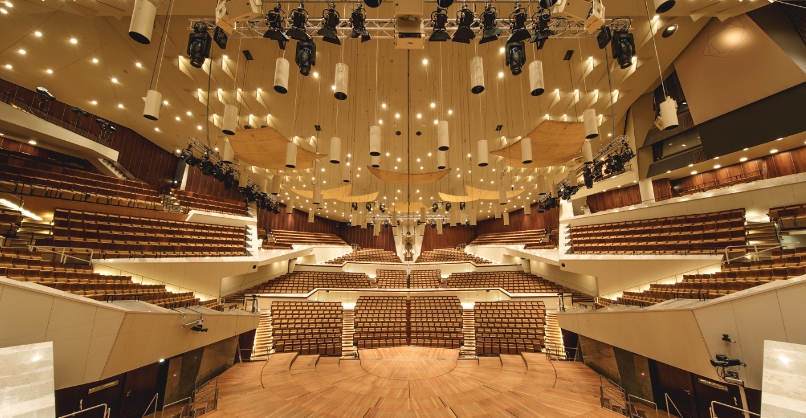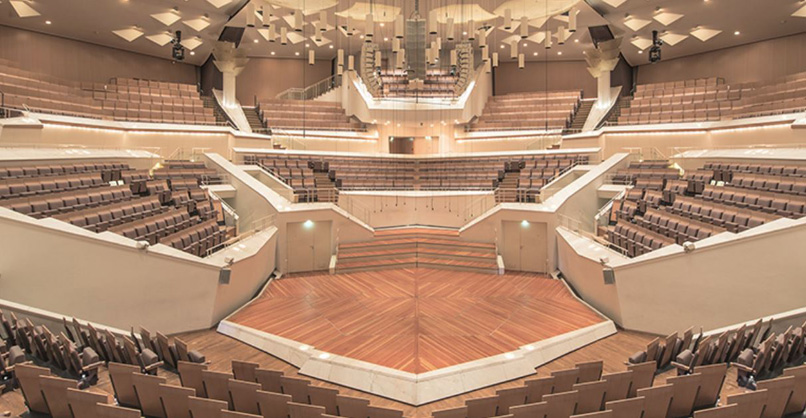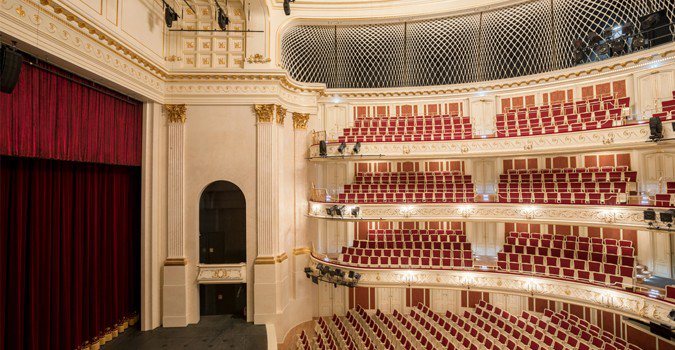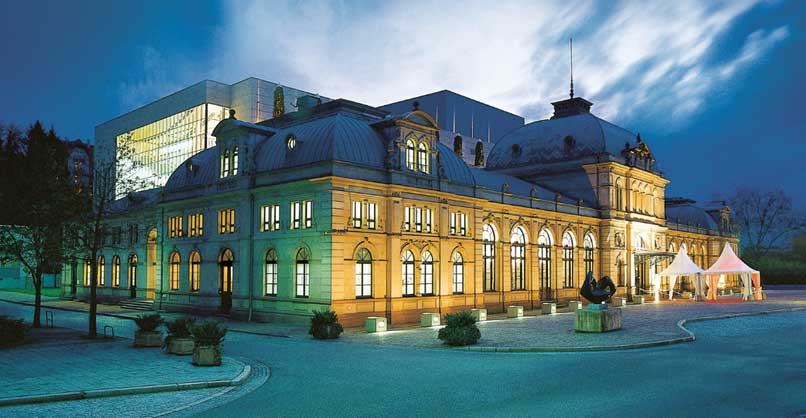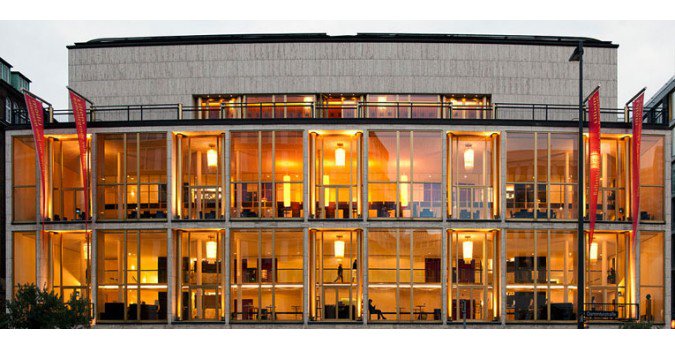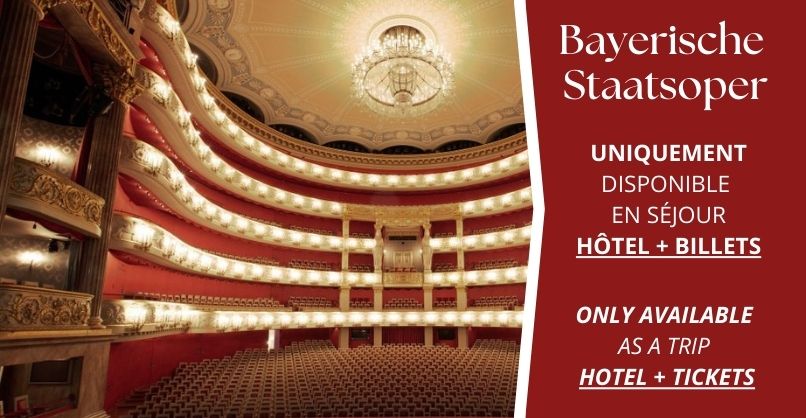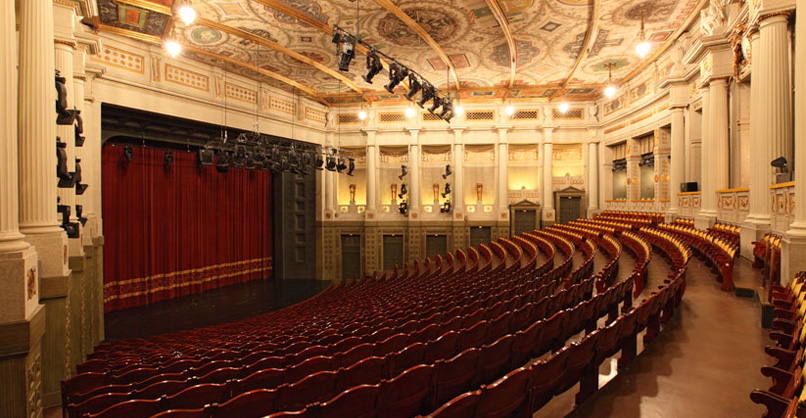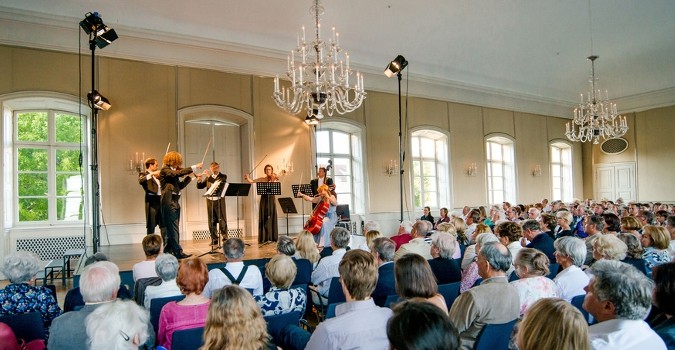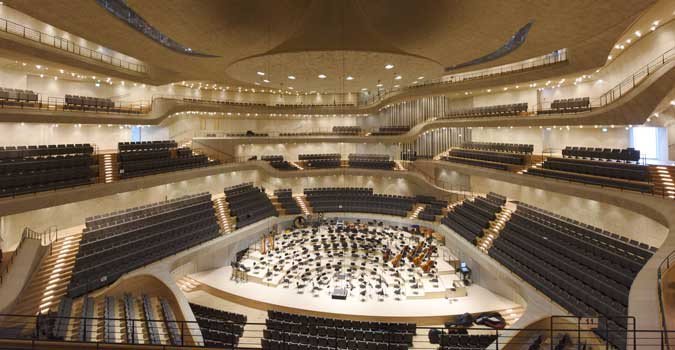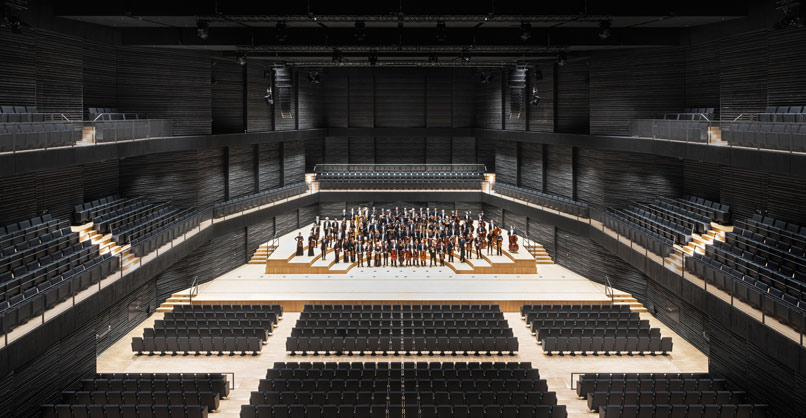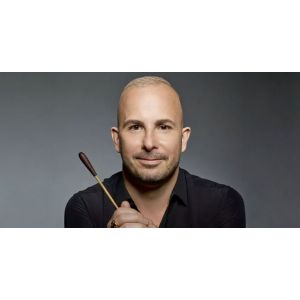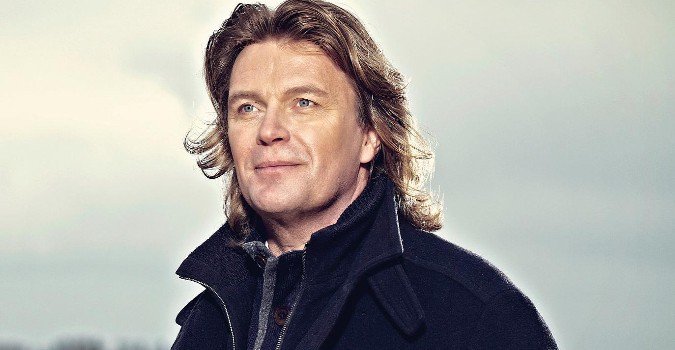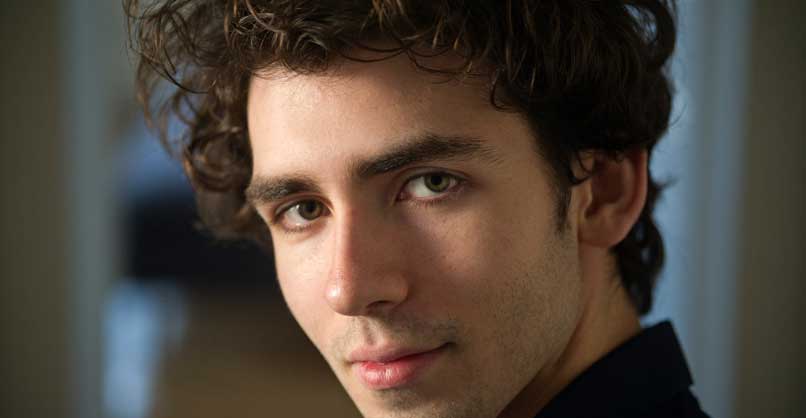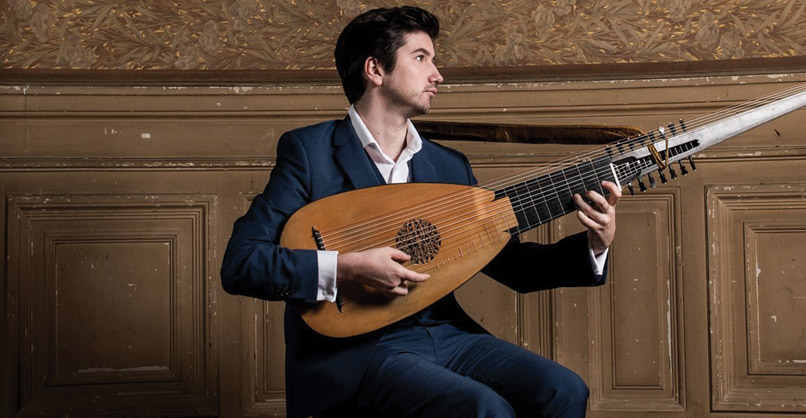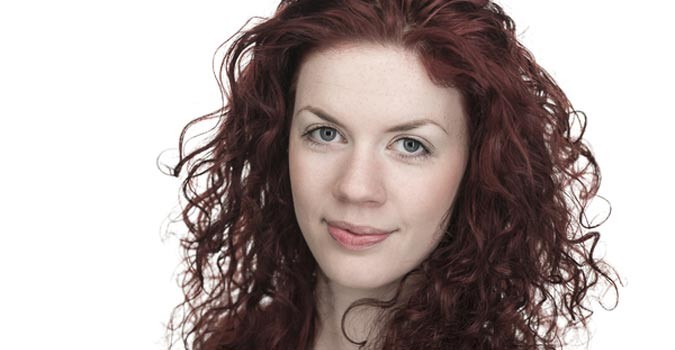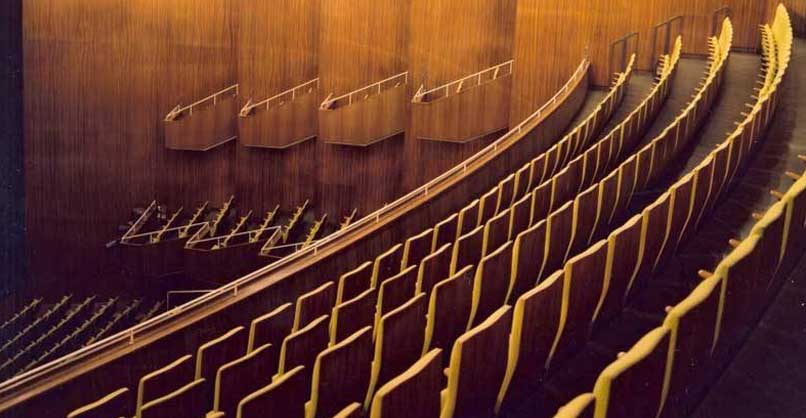
Deutsche Oper
Find the complete 2022-2023 Deutsche Oper Berlin Season and book your tickets online now.
The Deutsche Oper Berlin has a long-standing reputation. Music lovers all over the world know that the austere façade of the imposing 1950s building is home to one of the largest opera companies in Europe, thanks to its constantly changing programme, the great singers who perform there and the cutting-edge staging.
Young, established singers often make their debut in the company before going on to international stages. But the big names are also always present to keep the fervour of music lovers from all over the world going.
With a rich and daring programme, it offers, together with the Staatsoper unter den Linden, a vast choice of ballets, operas and concerts, making Berlin one of the top destinations for music lovers.
The Deutsche Oper was opened in 1961. The opera house has no individual boxes for a more "democratic" theatre. Even today, the view of the stage is optimised. Every year the Deutsche Oper delights us with its varied repertoire of "classical" operas and ballets, as well as more modern creations.
-
International Agency Your ticket for an unforgettable evening around the world
-
Ticketing Agency Classical music and opera experts for over 20 years
-
+48.000 spectacles Operas, Concerts and ballets in prestigious Venues
-
Advice Music specialists can help you make the best choice, call us at +33 1 53 59 39 29




